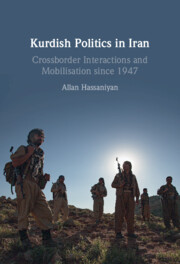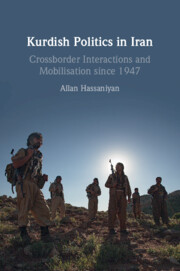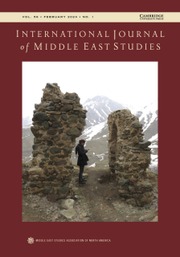Tied Up in Tehran
Tied Up in Tehran offers a richly interdisciplinary study of ordinary life in Iran since the 1979 revolution and a critical intervention in political theory debates on knowledge and method. Drawing from over ten years of field work in Iran since the 1990s, and originating in the author's surreal experience of being served tangerines during a home invasion in Tehran, Norma Claire Moruzzi examines the experiences of women, young people, artists, and activists: at home, at work, and in the street. These stories - of food and family, film and politics, shopping and crime-reckon with the past, demonstrate resilient democratization in the present, and provide glimpses of a plausible future while offering a refreshing model to ethically engage in intersectional, decolonial modes of study. Moruzzi's lucid and engaging writing explores Iranian daily life as unexpected, contradictory, and full of political promise.
- Uses accessible language and readable narratives to explore deeply researched examples of Iranian daily life
- Takes a broad interdisciplinary approach to address multiple aspects of social change
- Provides fresh insights into how ordinary Iranians are challenging assumptions in and outside Iran about how daily social practices shape power and politics
Product details
May 2025Paperback
9781009540261
379 pages
229 × 152 mm
Not yet published - available from May 2025
Table of Contents
- Preface: how to read this book
- 1. Introduction: the personal is political: how I came to write this book
- 2. Tied up in Tehran: a metaphor
- 3. How our mothers drive us crazy: hospitality, ritual and the burden of the social
- 4. Food as a social relation: Sabzi and the question of household skilled labor
- 5. Elegy or the rule of the fathers/the break with the past
- 6. Democratic intimacies: jokes, sex, and ta'arof
- 7. Through the looking glass: reflexive cinema and society in post-revolutionary Iran
- 8. Women, life, freedom: one movement out of two legacies
- 9. Being a public woman: streets, cars, crimes, and the shifting calculus of moral accountability
- 10. Shopping for shoes: consumer identity, commodity fetishism, and gender as a brand
- 11. We are more than one, when we speak together: collective art, plural possibilities, and the horizon of utopia
- 12. Coda: thinking in practice: Arendt, Foucault, and the challenge of freedom.






